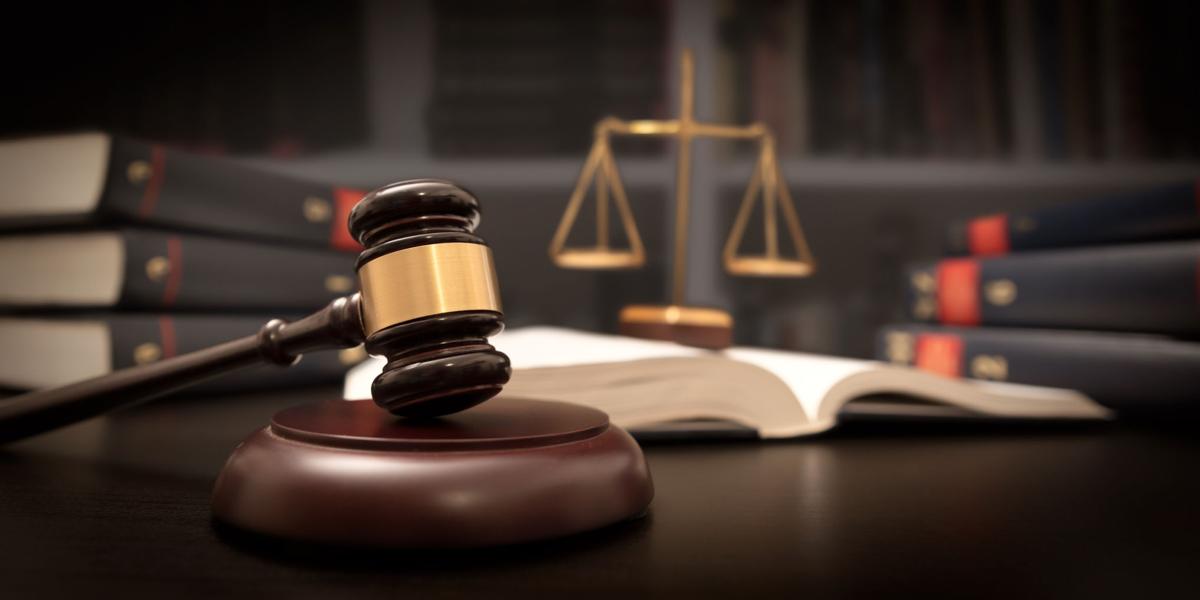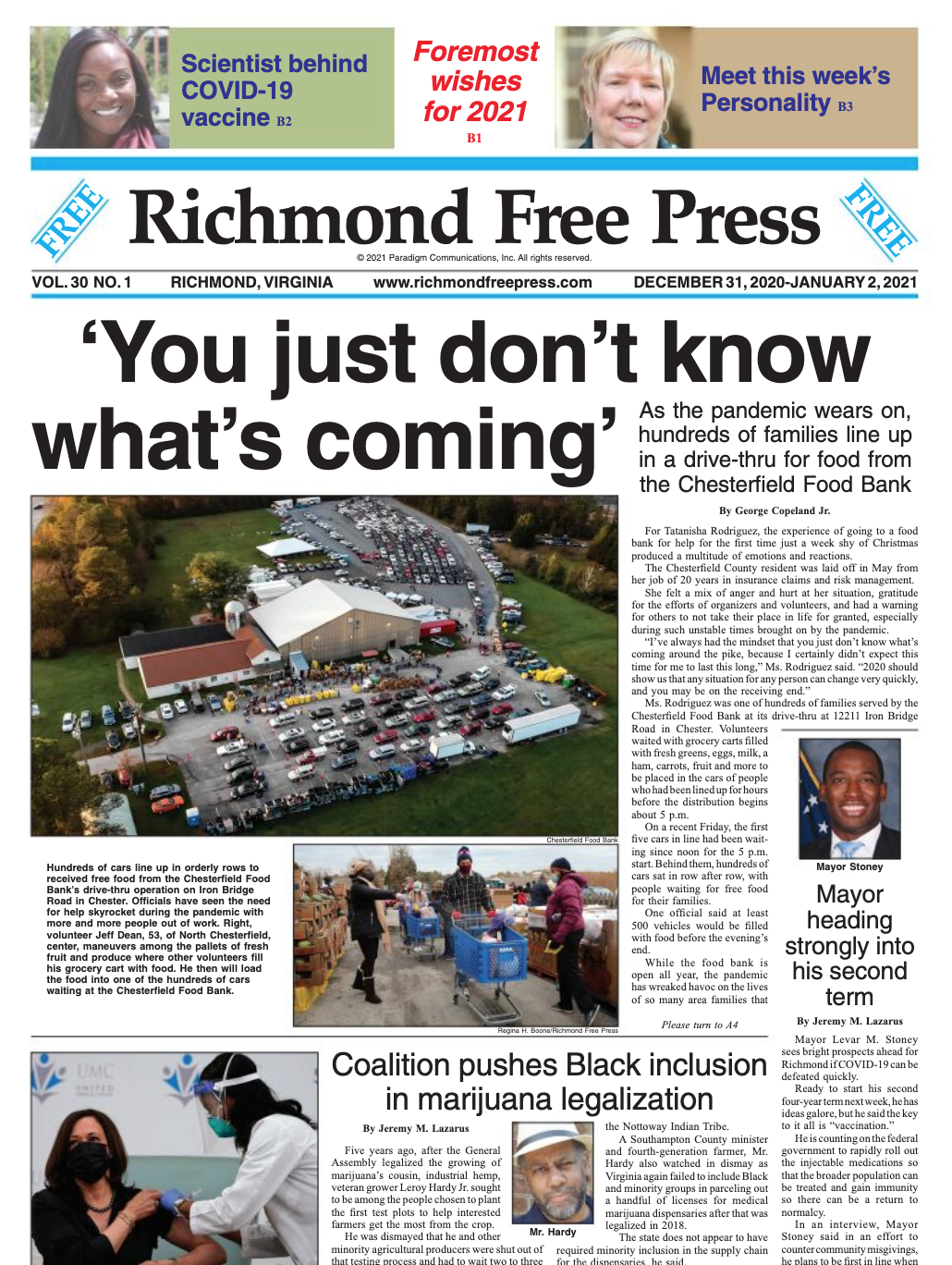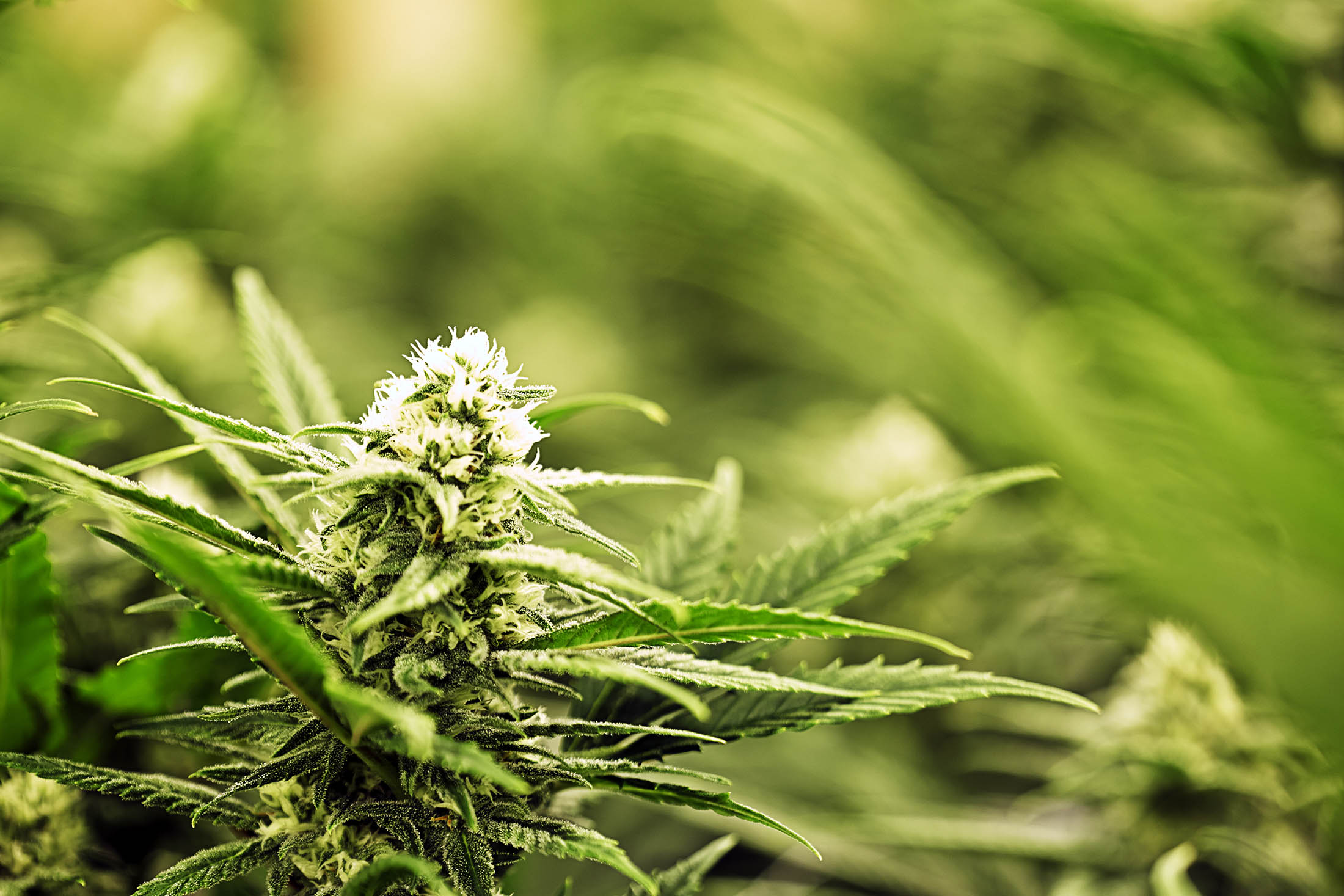Possessing small amounts of marijuana is still illegal in Virginia, but as of Wednesday the maximum penalty for people caught with an ounce or less the drug has been reduced to a $25 civil fine.
It’s a significant shift in a state where police reported a record 29,000 arrests for marijuana possession in 2018 and a study the prior year found 127 people were being held in jail solely on a marijuana charge — enforcement that disproportionately targeted Black Virginians.
But with a loosely planned public celebration scheduled to take place in Richmond today — “Richmond hasn’t burned this hard since 1865!,” the event’s anonymous organizers wrote — lawmakers and advocates warned that long lasting personal and professional repercussions could still follow a charge or conviction under the new law.
“I think it’s important to remember that just because it’s now a civil infraction doesn’t mean you’re immune from bad things happening if you get charged or convicted,” said Sen. Scott Surovell, D-Fairfax. “I’m worried the bill will give a lot of people a false sense of security.”
What decriminalization is (and isn’t)
Until today, possession of a half-ounce or less of the drug was punishable by up to 30 days in jail and a $500 fine, though driver’s license suspensions were more common than jail time. A second conviction carried the threat of up to a year in jail and a $2,500 fine. And people found with hash and other commercially concentrated versions of the product — which are increasingly common with the drug’s legalization in states around the country — faced felony charges.
Under bi-partisan legislation signed by Gov. Ralph Northam in May, possession of up to an ounce of the drug in any form is a $25 fine issued in the form of a ticket, ending the possibility of arrest but still allowing police to search people’s cars and possessions if they say they smell the drug. There are no escalating penalties for multiple violations.

Other serious punishments surrounding the drug are unchanged. Growing the plant, possessing more than an ounce of it and distributing it to people (even as a gift) remain a felony, with potential sentences ranging from one to 40 years in prison depending on the circumstances and quantities involved. Likewise, people caught with less than an ounce could still be charged with felony distribution, which police usually link to the presence of paraphernalia like baggies and scales.
Some records sealed, others remain public
The law also includes protections aimed at lessening the lingering impact of past and future convictions for simple possession.
Lawmakers instructed the Virginia State Police, which maintains the state’s Central Criminal Records Exchange, to seal past charges and convictions. New charges wouldn’t be sent to the records exchange.
The law also makes it a misdemeanor for most employers and educational institutes to ask applicants to disclose past convictions on applications.
But lawmakers say the effects of those restrictions are likely to be limited in practice, noting that the use of the state criminal records exchange is largely limited to law enforcement but court records, where most private background check services obtain criminal history information, will remain public.
That means that even though applicants won’t be required to disclose past convictions, it will still be easy for employers and schools to find out about them, said Surovell, who backed legislation allowing defendants to get past charges expunged in some circumstances. The bill passed the Senate but failed in the House of Delegates, where lawmakers said they wanted more time to study the issue.
“Under current Virginia law, if you get a marijuana possession charge deferred and dismissed on your 18th birthday, it still follows you around until you’re dead 80 years from now like a bad memory,” he said.
Will aggressive police enforcement continue?
The degree to which decriminalization will change the way police departments around the state approach the drug and potential violations remains to be seen.
Police arrested 26,470 people for marijuana possession last year, according to the annual Crime in Virginia report. That’s down from a two-decade high of nearly 29,000 arrests in 2018.
With a lessened penalty, will officers continue to aggressively pursue the drug? Will they issue warnings? Will they bother to confiscate small amounts of marijuana when they find them?
Dana Schrad, the executive director of the Virginia Association of Chiefs of Police, says those are questions police department are weighing around the state, but that some might determine it’s not worth pursuing potential infractions. She noted that officers will still have to prove the substance the person is caught with is indeed marijuana using a field test — a process made more complicated with the legalization of hemp, which can look identical to its contraband cousin and delivers false positives on police field tests. It currently takes a second field test and between one and two lab tests to affirmatively differentiate the two substances.
“You may not waste your time writing someone a civil citation to spend 10 bucks on a test plus officer time on something that nets a $25 fine,” Schrad said.
The Virginia State Police say their troopers will approach infractions on a case-by-case basis and, as with other violations, use their discretion to decide whether a warning or ticket is warranted. “There’s no one-size-fits-all enforcement that can be applied to all traffic stops or investigations related to marijuana possession,” said department spokeswoman Corinne Geller. “The same goes for the necessity of testing.”
In the rural town of Pulaski, Police Chief Gary Roche said he didn’t expect the new law would affect the way his officers do business. “It’s still basically the same, except for the fact that it’s illegal but it’s not a crime,” he said. “It’s a civil violation and you just write a summons for it. We’ve been writing summonses for possession of marijuana for years, so that doesn’t change anything.”
Rethinking drug dogs
Another area in which departments are weighing changes surrounds the use and training of drug-sniffing dogs, which are typically taught to detect a variety of drugs, including marijuana — skills that can’t be unlearned when laws change.
Tazewell County sold its two drug dogs, Criss and Tina, to an agency in a state where marijuana possession is still criminal shortly after lawmakers passed the decriminalization legislation in March, saying they planned to get new dogs that weren’t trained to detect marijuana.
“If what he was hitting on was marijuana, and you may search the car and find illegal guns, but because there was a small amount of marijuana in there, then the question comes up, since it is not a criminal offense now, it is a civil matter, did we have a right to search that car?” Sheriff Brian Hieatt told WDMV.

The Virginia State Police say new dogs entering their narcotic detection programs will no longer be trained to detect marijuana, but Geller said K9s currently in the field will continue to serve and “will continue to train to the scent because possession of marijuana will still be illegal in Virginia.”
Steve Benjamin, a Richmond lawyer who serves as special counsel to the Virginia Senate Judiciary Committee, said Tazewell might have jumped the gun in offloading their drug dogs, but called it a smart move regardless. He said it’s clear law enforcement can continue to conduct searches based on the smell of marijuana under the new law, but that questions about differentiating between marijuana and hemp have gone largely untested in court.
“Law enforcement agencies across the country have been reassessing the sufficiency and wisdom of basing searches on the odor of marijuana alone,” he said. “Drug dogs cannot distinguish between hemp and marijuana, and the smell of burning CBD is said to be the same as burning marijuana. Because the possession and use of hemp and CBD products is lawful, a serious question exists whether a person should be subjected to a detention and search based on lawful conduct.”
Likewise, lawmakers continue to debate whether police should be allowed to initiate searches based on the smell of marijuana. A proposal to prohibit police from initiating searches based on the smell of marijuana alone was considered but rejected during the 2020 session.
Democrats in the Virginia Senate said last week that they will revive their push to stop smell-based searches as part of a broad criminal-justice reform package they plan to pursue during a special session tentatively planned for August.
Legalization likely at least a year off
Virginia lawmakers voted not to pursue marijuana legalization this year, instead opting to study the issue and potential regulatory models for legal, recreational sales with a plan to revisit the issue next year.
For now, the only legal way to obtain the drug in Virginia will be through the state’s medical marijuana program, which will roll out in earnest later this summer when the first of five licensed dispensaries opens.
Until there is a framework for legal, recreational use of the drug in place, advocates say they expect enforcement of marijuana laws will continue to vary dramatically depending on circumstances and that disproportionate enforcement in communities of color will likely continue.
“We are likely to continue to see confiscation, paraphernalia charges and stern warnings depending on the municipality and the individual law enforcement officer,” said Jenn Michelle Pedini, executive director of Virginia NORML, the state chapter of the National Organization to Reform Marijuana Laws.





